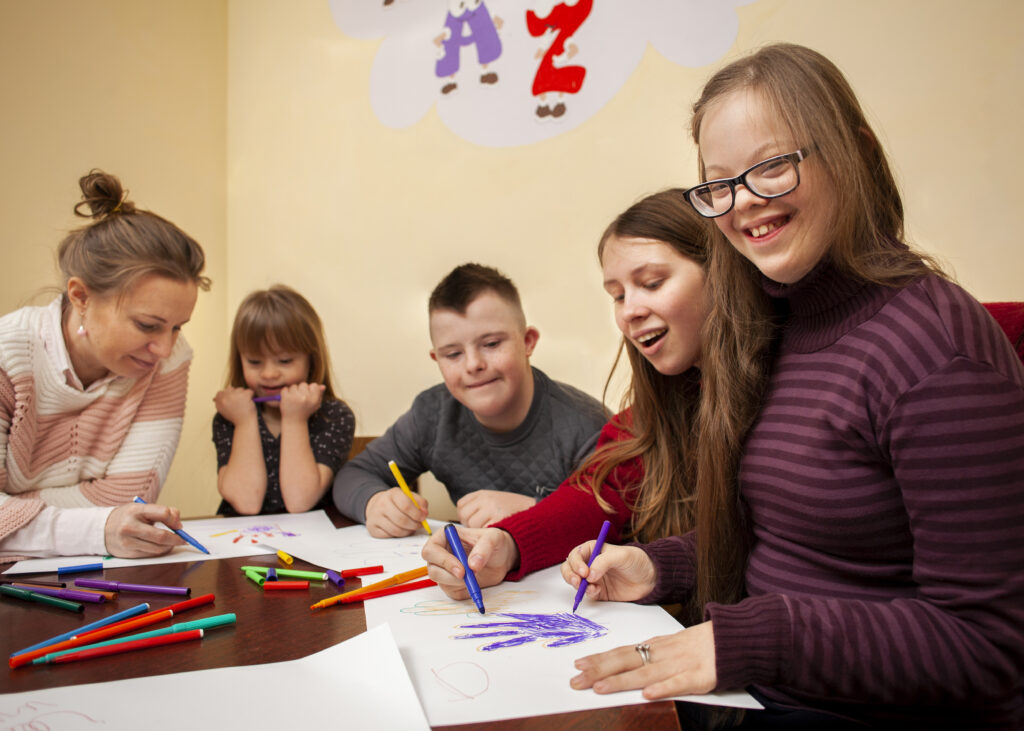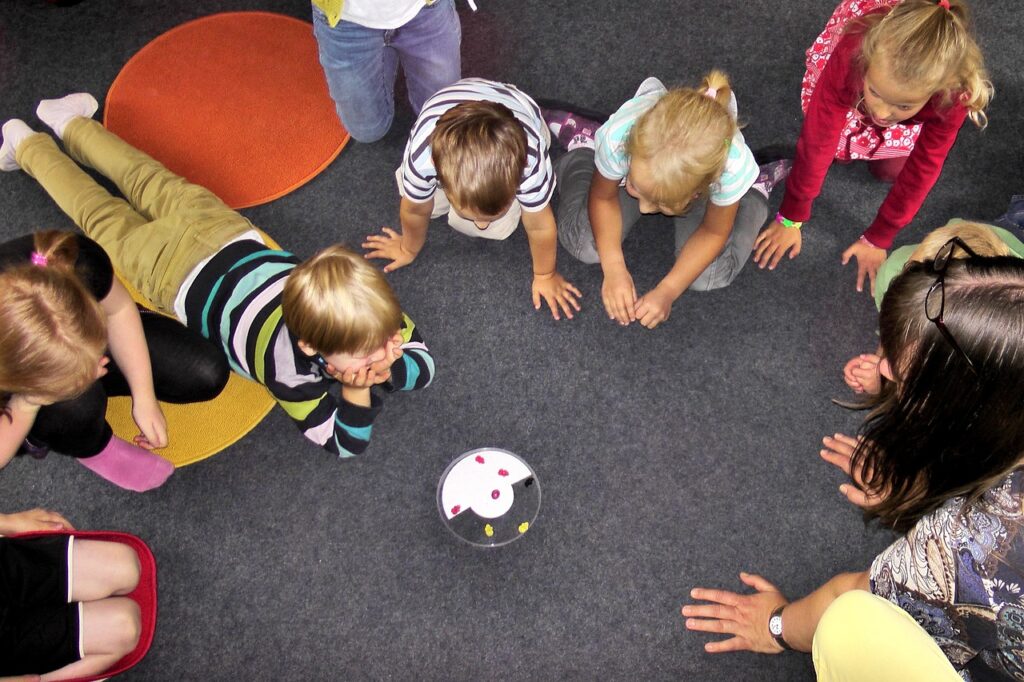Introduction to ‘Supporting families with children who have SEND’
In this sprint you will develop the following knowledge:
- I can recognise the signs of developmental differences and when to refer or ask for advice.
- I understand that some babies may be identified at a very early age with a development need and for others it may take longer for needs to be identified.
- I can talk to parents about their unique baby.

What is Special Educational Needs?
Special Educational Needs (SEN) refers to the additional support and assistance that some individuals may require in their education due to specific learning difficulties or disabilities. These needs can affect various aspects of learning and development, and they may require adaptations or specialised resources to help individuals reach their full potential.
Special Educational Needs can encompass a wide range of conditions, including but not limited to:
- Learning disabilities: Difficulties in acquiring basic skills such as reading, writing, or mathematical abilities.
- Attention Deficit Hyperactivity Disorder (ADHD): A neurodevelopmental disorder characterised by persistent patterns of inattention, hyperactivity, and impulsivity.
- Autism Spectrum Disorder (ASD): A range of conditions characterised by challenges in social interaction, communication, and repetitive behaviours.
- Speech and language difficulties: Challenges in expressing oneself verbally or understanding spoken language.
- Physical disabilities: Conditions that affect mobility or coordination, requiring special accommodations.
- Sensory impairments: Vision or hearing impairments that impact learning and communication.
- Emotional and behavioural difficulties: Mental health issues or challenging behaviours that affect a child’s ability to learn.
The goal of special education is to provide tailored support and accommodations to meet the unique needs of each individual, allowing them to access education and participate in activities to the best of their abilities.
This may involve specialised teaching methods, assistive technologies, modified curriculum, and additional support from professionals such as special education teachers, speech therapists, occupational therapists, or counsellors.

In many educational systems, there are legal frameworks and policies in place to ensure that individuals with special educational needs receive appropriate support and have equal opportunities in their education.
Why is Early Intervention important?
Early intervention is crucial for children because it can significantly impact their development and wellbeing.

See Also:
Select each of the headings below to see several reasons why early intervention is important:



In summary, early intervention is crucial for maximising a child’s potential, preventing long-term issues, and promoting overall wellbeing. Identifying and addressing challenges early provides children with the best possible start in life.
Develop your understanding of ‘Supporting families with children who have SEND’
We’ll now explore further how parents of children with SEND can get the support they need.

Read: Welcome to Holland
Emily Perl Kinglsey
Read the poem below which describes the experience of raising a child with a disability.
Make notes about how you think this parent is feeling. How might understanding a parents feelings help you to talk to a parent?

Reflect upon ‘Supporting families with children who have SEND’

Watch: The truth about special education
Suzanne Carrington
Watch the video below. What does Suzanne believe are the challenges related to the special educational needs system?
Further Resources
- Special educational needs and disability
- This self-study pack will explore the journey from early identification through to compiling an effective Early Year Health Care Plan. The course will guide you through practical and interactive exercises that will build your confidence when working with Special Educational Needs Co-ordinators and implement clear goal setting for effective Early Years Education Plans.
- Deaf awareness and British sign language
- This self-study pack will give you an insight into today’s deaf world, the barriers deaf people face on a daily basis and strategies and communication tactics to help overcome these barriers. We’ll begin to learn British Sign Language and explore conversation techniques that will enable, encourage and give you the confidence to interact with deaf people going forward. Throughout this self-study pack, there will be opportunities to review your learning in the form of short interactive quizzes. By the end of this self-study pack, you will be able to identify your next steps in your British Sign Language learning journey.






